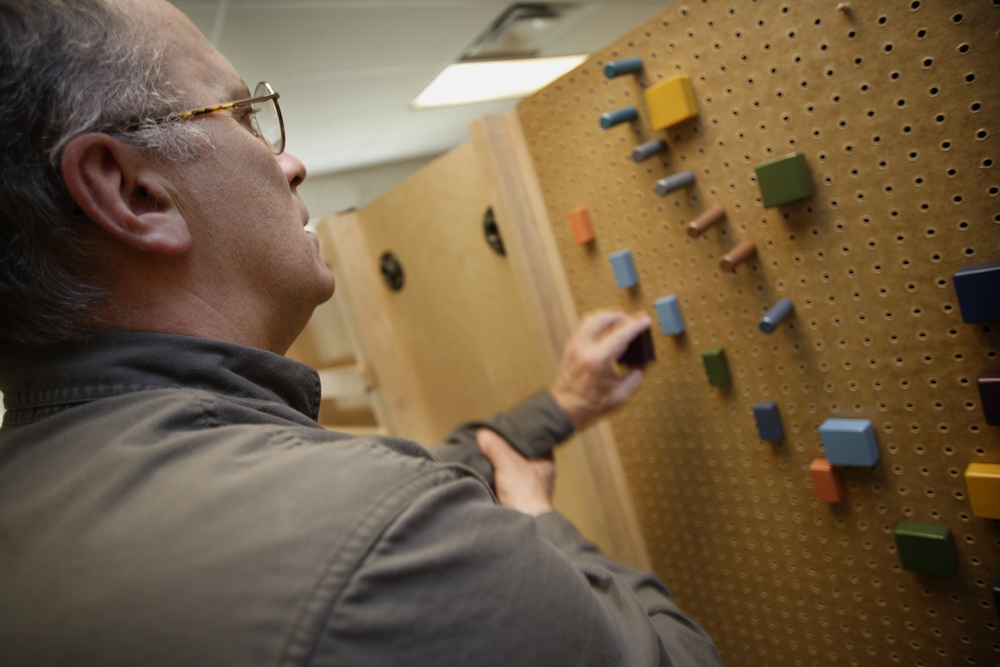The Purpose of Occupational Therapy
The overarching goal of any type of therapy is to make life easier in some way. Be it chronic pain or recovery from an injury, the work of a therapist, in general, is to help you lead the life you want with as much freedom from constraints and discomfort as possible.
Occupational therapists (OT) and occupational therapy assistants (OTA) play a vital role in the ecosystem of rehabilitative therapy and in getting you back to your previous level of function.
So What Exactly is Occupational Therapy
First, let’s define what “occupational” means in the context of occupational therapy (OT). You might fairly assume that it refers to your work or job but in reality, “occupation” is actually describing all the normal daily activities you do, work-related or otherwise. It’s the totality of your tasks, those you want to do and need to do.
As the American Occupational Therapy Association (AOTA) puts it, “occupational therapists and occupational therapy assistants help people across the lifespan participate in the things they want and need to do through the therapeutic use of everyday activities”.
The rehabilitation they provide is, therefore, more holistic, encompassing mental health, physical ailments and developmental issues and spanning all age groups. OTAs work with everyone from children to improve their social skills in order to make school more enjoyable to adults looking to regain their independence from injury or illness as well as older adults in the pursuit of making daily life more convenient or the transition to old age more manageable.
Given the gravity of what they do, OTs have to pass a national test to be certified and licensed to practice in their state.
The Difference Between Occupational Therapy and Physical Therapy
There is certainly some overlap between these two professions and naturally, their broad aims of making life better for their patients and clients are similar, but how occupational therapists and physical therapists go about it is different.
Physical therapy is concerned largely with rehabilitating physical injuries due to accident, disease, disability or after surgery by increasing range of motion and helping you regain mobility and strength as well as reducing and managing pain.
Occupational therapy, on the other hand, involves a more holistic approach that goes beyond rehabilitating a specific injury. The OTs work to help you overcome whatever ails you by helping you adapt your mental and physical behavior to make those day-to-day tasks achievable, allowing you to keep your independence and to thrive.
While physical issues are part of the focus of OTs and OTAs, there’s an emphasis on the everyday activities a person does and their finer motor skills, not just rehabilitating physical injuries.
AOTA frames it like this “occupational therapy practitioners ask, “”What matters to you?” not, “What’s the matter with you?””.
How Does it Work?
As previously mentioned, an occupational therapist needs to be licensed and certified to practice. There are several reasons for this, but chiefly, it is because the tests that they take provide a basic consistency in care. Moreover, it ensures that the treatment plans OTs create are evidence-based and informed by deep knowledge and understanding of best practices.
This is critical because the first step of the process is that an OT evaluates and assesses you. Looking at your medical history, your home, workplace and more to create a highly individualized program that is suited to the tasks that matter most to you.
They’ll create and set goals for you to work toward, assist with learning / relearning to perform certain tasks and offering solution to enhance a patient’s functional abilities,
If you’d like to learn more about occupational therapy or think it might be right for you or a loved one, reach out to us at Pacific Rehabilitation and we’d be happy to walk you through it in more detail.
Get in touch with us to learn more about what a Return to Work Program can do for you.
